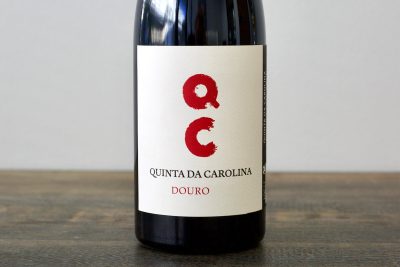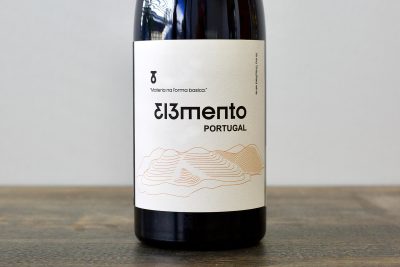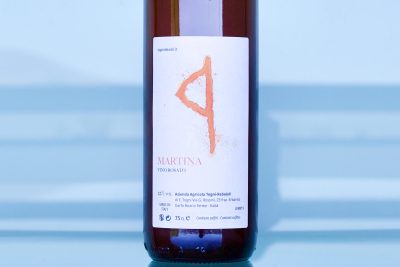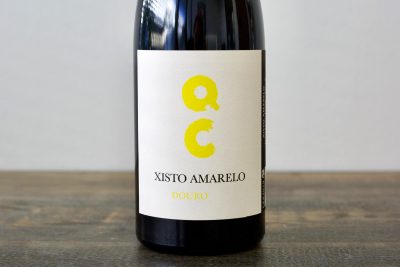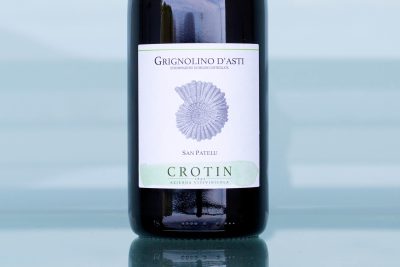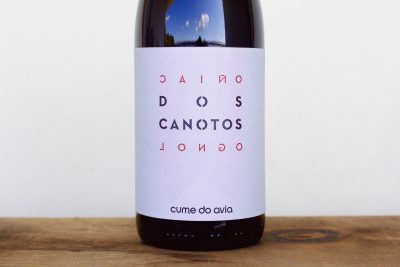About The Wine
It’s interesting that in both of Bruno Clair’s grand cru vineyards, he owns rows from the very top of the cru to the bottom, found in vineyards like Le Clos Saint-Jacques and La Tâche that swallow the better part of the entire slope. This is a special characteristic of a vineyard where the range of complexity can be immense, but perhaps without any one characteristic that overrides others. The winemaking between the two is more or less the same, done in a way that for the most part leaves the terroirs to express their differences.
What can one get out of a taste of wine that will help you to summarize it? After all, most people share great wines with too many people and nowadays these kinds of wines are more like show dogs in a competition to be analyzed and judged next to others instead of enjoyed and marveled through a few hours with a good friend. When considering the evolution of an average wine all the way to the greatest in the world, a taste of wine seems to me to be little more than a 2D impression—a snapshot taken in a moment in time. With these two wines in their youth it would be difficult to see their differences as stark. In their youth they’re really not so different, unless you open them together and spend a day with them. Clair keeps them within the through line of his style but the differences one may find between them is the earthy, linear and focused quality of Bonnes Mares, compared to the slightly wider lens and elevated charm-meter reading of Clos de Bèze.
From a physical standpoint, Clair’s parcel of Bonnes Mares has more relation to Clos de Tart, and actually sits entirely within the commune of Morey-Saint-Denis. He’s the furthest parcel north in Bonnes Mares and owns 1.67 hectares, although I seem to remember that Clair doesn’t vinify all of it yet, as some part of it may still be under contract with another domaine. Bonnes Mares was planted equally in 1946 and 1980, while 2/3 of the 0.98 hectare parcel of Clos de Bèze was planted in 1912 and the other 1/3 in 1972—not too shabby when looking for some good vine age to support such crus as these!
Indeed you may get a waft of new wood in these young wines upon opening, but what red or white grand cru from the Côte d’Or doesn’t? In general, hardly any amount of new wood aromas that begin when the bottle is opened will overwhelm the grand cru-ness of the wines for too long. With the right amount of aeration, and certainly the right amount of bottle age, they should be two of the most formidable grand crus on the entire Côte. And Clair does a masterful job of allowing them to speak their grandeur in an understated and more humble way.[cm_tooltip_parse] -TV [/cm_tooltip_parse]

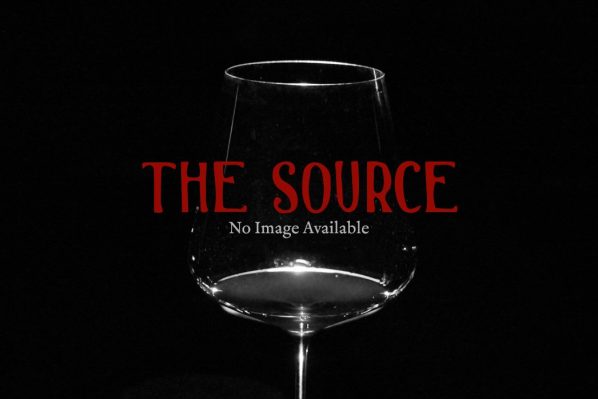
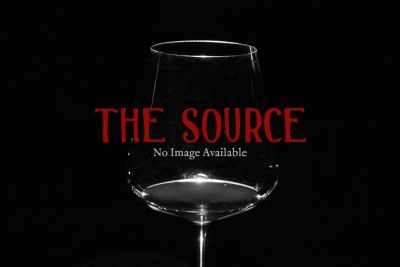
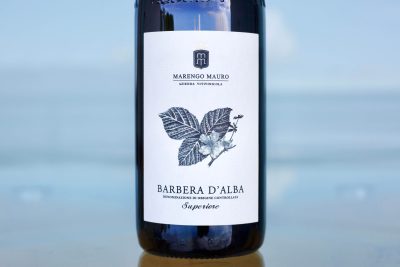
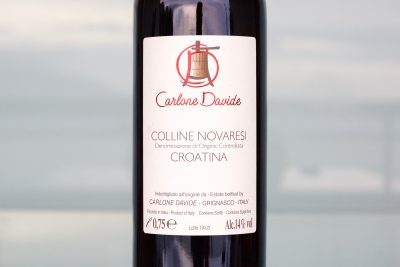
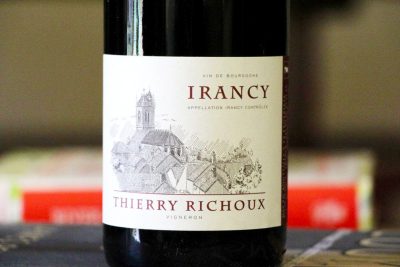

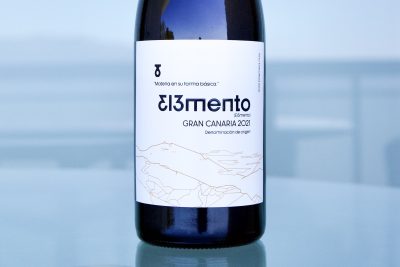
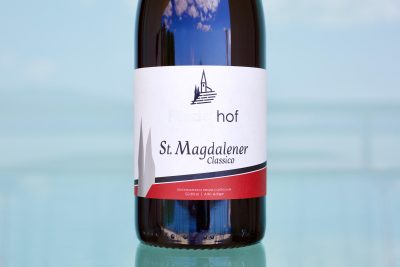
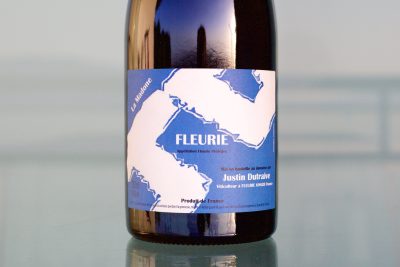
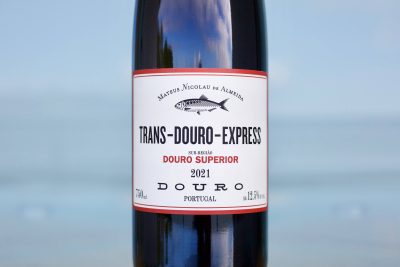 Mateus Nicolau de Almeida
Mateus Nicolau de Almeida
